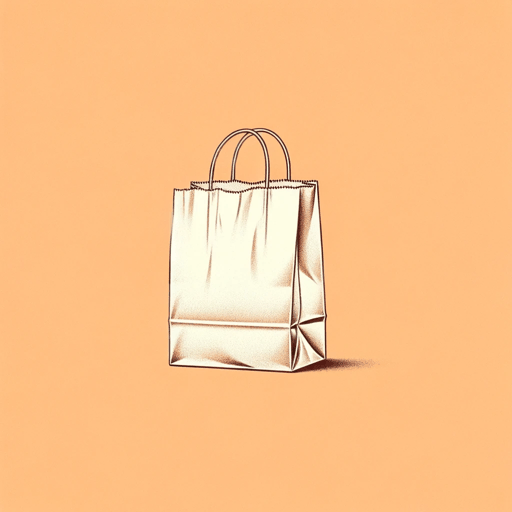68 pages • 2 hours read
Walter Dean MyersScorpions
Fiction | Novel | YA | Published in 1988A modern alternative to SparkNotes and CliffsNotes, SuperSummary offers high-quality Study Guides with detailed chapter summaries and analysis of major themes, characters, and more.
Important Quotes
“‘How many times have you been late this year?’
Jamal shrugged.
‘Look at me when I talk to you, young man.’
Jamal looked up at Mr. Davidson and then back down at the floor. He knew he had been late four times. He had been late twice the week that Randy had been transferred from the city to the prison upstate.
‘I would ask you to bring your mother to school, but she probably doesn’t care any more about your education than you do.’”
(Chapter 3, Page 16)
This scene in the school principal’s office sets up the difference between Jamal’s character and the view that authority figures have of him. Mr. Davidson only sees Jamal’s behavior, but he makes no effort to understand the circumstances behind it. Mr. Davidson’s comments show that he’s already written off Jamal and his family and treats him like a lost cause, unworthy of sympathy or understanding.
“Dwayne made Jamal feel small inside. Even when the older boy turned away from him, Jamal could still feel his grin. Lots of things made him feel the same way, small inside, weak.”
(Chapter 3, Page 22)
This passage sets up the internal conflict of the novel: Jamal’s struggle against feeling weak and powerless. Being poor, small, young, and Black all make Jamal feel like a target or victim at various points. Dwayne, a big kid, has just picked on Jamal for having generic sneakers, a sign of his poverty. Several other people make Jamal feel that way, including his teachers and other people with authority.
“Jamal started drawing trees to see how he would do on them. He did okay. He liked the way his trees looked. One of them came out really good, and he wished he had used plain white paper instead of the paper with blue lines. He turned to the back of his notebook, where he kept his wish list, and put down ‘plain white paper’ right under ‘leather jacket.’”
(Chapter 4, Page 27)
After being disappointed by his teacher not asking him to paint the set for the school play, Jamal draws trees in the park. The trees growing in the deteriorating neighborhood are a symbol of hope and aspiration. Jamal wants to prove his teacher’s assumptions wrong. Early in the novel, he knows that he has potential, but the opportunities for realizing it are curtailed by poverty, reflected by his growing “wish list” to which he adds art supplies.
Related Titles
By Walter Dean Myers

Autobiography of My Dead Brother
Walter Dean Myers
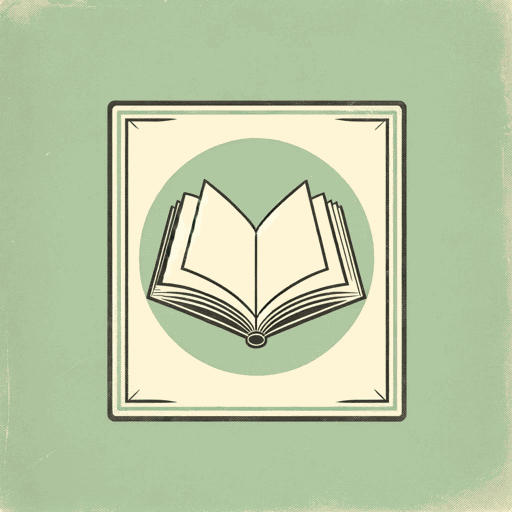
Bad Boy: A Memoir
Walter Dean Myers

Dope Sick
Walter Dean Myers

Fallen Angels
Walter Dean Myers

Hoops
Walter Dean Myers

Lockdown
Walter Dean Myers
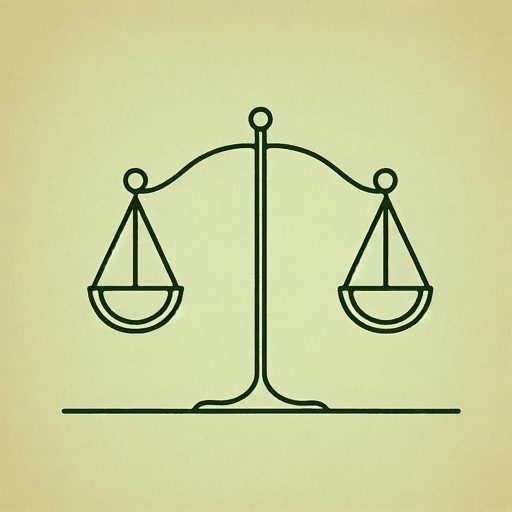
Monster
Walter Dean Myers

Shooter
Walter Dean Myers

Slam!
Walter Dean Myers

Somewhere in the Darkness
Walter Dean Myers
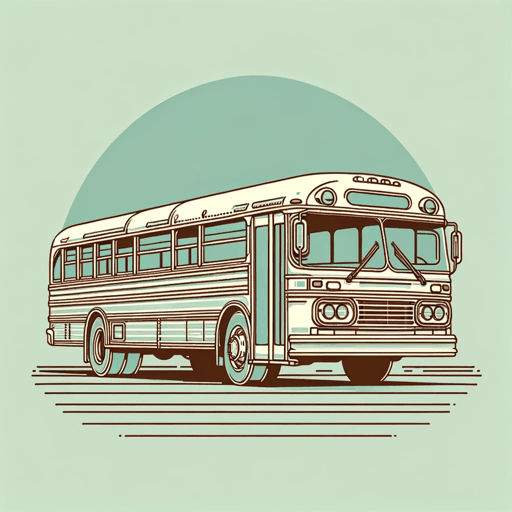
Street Love
Walter Dean Myers
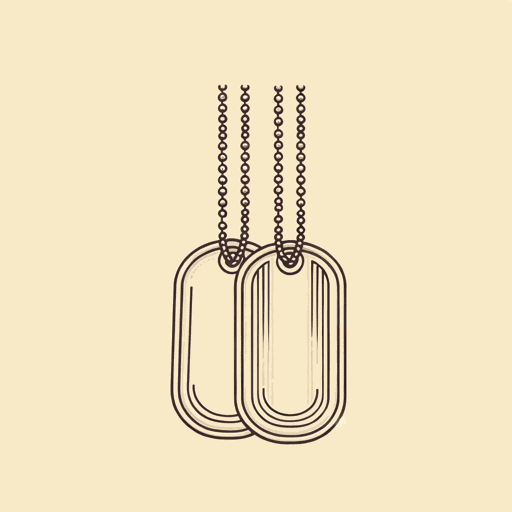
Sunrise Over Fallujah
Walter Dean Myers
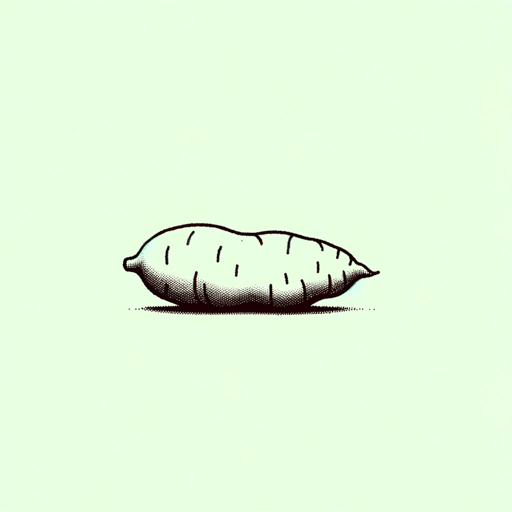
The Glory Field
Walter Dean Myers

The Young Landlords
Walter Dean Myers
Featured Collections
African American Literature
View Collection
Books About Race in America
View Collection
Books that Feature the Theme of...
View Collection
Class
View Collection
Class
View Collection
Diverse Voices (High School)
View Collection
Friendship
View Collection
Loyalty & Betrayal
View Collection
Newbery Medal & Honor Books
View Collection
Realistic Fiction (High School)
View Collection
